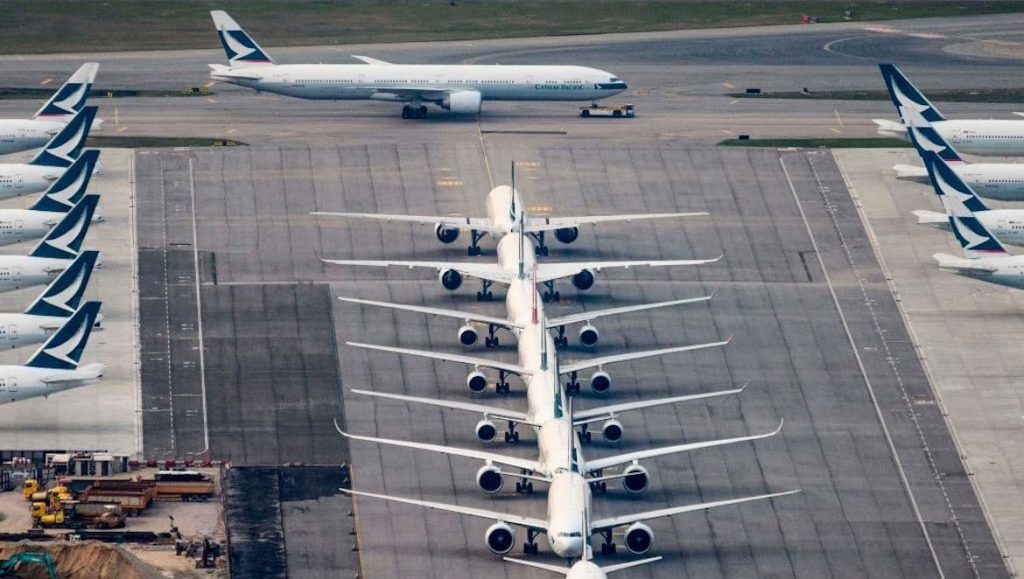
Passenger traffic volumes remain well below 2019 levels, despite a slight pick-up in domestic flight activity, according to the latest data from Airports Council International.
The COVID-19 pandemic has continued to weigh on global passenger traffic, which, according to the latest figures from Airports Council International (ACI) World, was down 69.4 per cent in August and 65.1 per cent in July, when compared with the previous corresponding period.
The drag continues to be driven by subdued international flight activity, down 88.5 per cent in July and 83.5 per cent in August.
This has been partially offset by a pick-up in domestic passenger traffic over the past few months, however, volumes remain 56.7 per cent below the previous corresponding period.
Air freight volumes have been less impacted by the pandemic, down 10.9 per cent in July and 10.7 per cent in August.
“Hopes that airports could rely on some form of bounce-back in the northern hemisphere summer were dashed as the governments continued to apply unilateral measures to close borders or impose unnecessary quarantine measures,” ACI World director general Luis Felipe de Oliveira observed.
“While data collected at the end of summer showed some signs of a slow recovery in domestic markets, mainly in China and Europe, the international passenger segment continues to be, for all intents and purposes, non-existent. Subsequently, however, Europe’s market has contracted again due to quarantine measures applied by some countries.
“New travel restriction, partial lockdowns, and the continued imposition of restrictive quarantine measures are hampering the international passenger markets attempts to recover despite studies showing that the additional health and safety measures introduced by airports and airlines mean the likelihood of COVID-19 transmission during air travel to be infinitesimal.”
However, the director-general said he continues to remain optimistic about the future, but renewed calls for a “co-ordinated and globally-consistent approach” to COVID-19 testing, to replace the “blunt instrument” of mandatory quarantine.
“The recovery of air travel is crucial in the wider global economic recovery but, to succeed, it will need passengers to have confidence in the industry’s focus on their health and welfare and be assured that they will not be forced to submit to restrictive quarantine when better alternatives exist,” he added.




